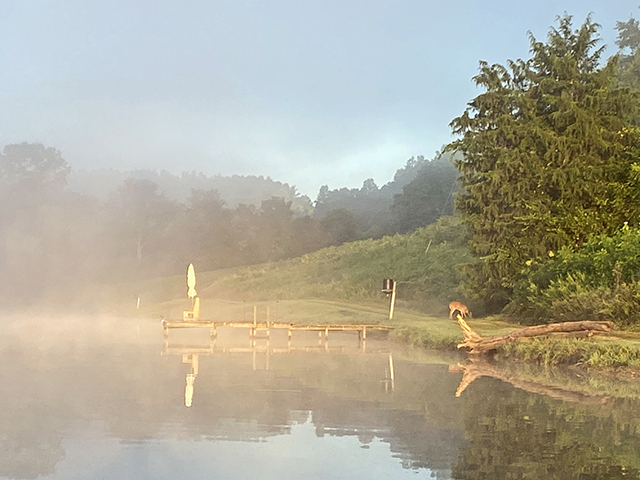Family Business Matters
Legacy Beyond Land and Family
When we speak of a person's legacy in a family agricultural business, we often speak either of assets or an enduring philosophy. Assets usually have to do with land left to future generations, while a philosophy includes a set of values passed on to younger family members. In many cases, it involves both: The farm or ranch is passed right along with values such as stewardship, independence or care for one's neighbor.
But, what happens when there are no heirs to receive the land or no children to receive the senior generation's values? I believe the senior generation still has something to offer, although the asset transition strategy is different, and recipients of one's values include a broader group of people. Consider the following scenarios.
GIVE IT AWAY
A brother and sister were the beneficiaries of their parents' and grandparents' entrepreneurial efforts. But the brother and sister never married or had children. So, they put the land in a trust (what today might be considered a private foundation), and since the trust's inception, dozens of organizations have received tens of millions of dollars generated by crops and oil and gas production. Their values of education, conservation and care for others have taken the form of financial support to those charitable organizations who incorporate such values every day in the programs they offer. Local farmers have also benefited from long-term rental arrangements associated with keeping the land base intact.
REFRAME A SALE
In another case, a farmer and his wife left their land to their children, but neither their children nor their grandchildren returned to the farm. The land had been in the family for more than 100 years, and the family members felt an emotional connection to the property. They also recognized they lived far away, and they did not like the idea of being absentee landowners.
P[L1] D[0x0] M[300x250] OOP[F] ADUNIT[] T[]
Meanwhile, a nearby neighbor, whose kids did return to the farm, needed a larger asset base to make room for their children. When the first family began to think of the next 100 years, they liked the idea of another local family taking over the asset. Reframing the issue from "selling the family land" to "creating a future for another 100 years" allowed the family to focus on an inauguration instead of a dissolution.
KEEP IT GOING
One other scenario is the retiring farmer or rancher keeping the operation going for the benefit of the employees.
In some cases, the land is given or sold to the employees. In other cases, the land is held in a trust or foundation, but the operating business is left intact by either being sold or gifted to those responsible for the farm. A group of trustees (usually close friends or advisers) agrees to help the staff navigate some of the business challenges and opportunities.
In this way, the business proceeds in a normal fashion with the values of the owner still very much present, but the employees now have a chance to experience aspects of business ownership.
Not having heirs or children return to the farm or ranch undoubtedly presents some challenges. But the situation also offers a wonderful opportunity to consider making a difference in the lives of many more people.
Theologian Walter Brueggemann, writing in his book "The Land," suggests that land is where "important words have been spoken that have established identity, defined vocations and envisioned destiny." Regardless of future property ownership or family presence, your land and your core values have the power to shape the life and destiny of others. With the right forethought and planning, your legacy can endure.
**
Write Lance Woodbury at Family Business Matters, 2204 Lakeshore Dr., Suite 415, Birmingham, AL 35209, or email lance.woodbury@kcoe.com.
(c) Copyright 2021 DTN, LLC. All rights reserved.



